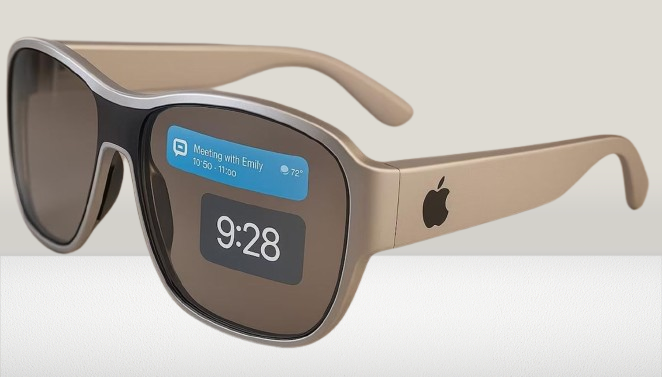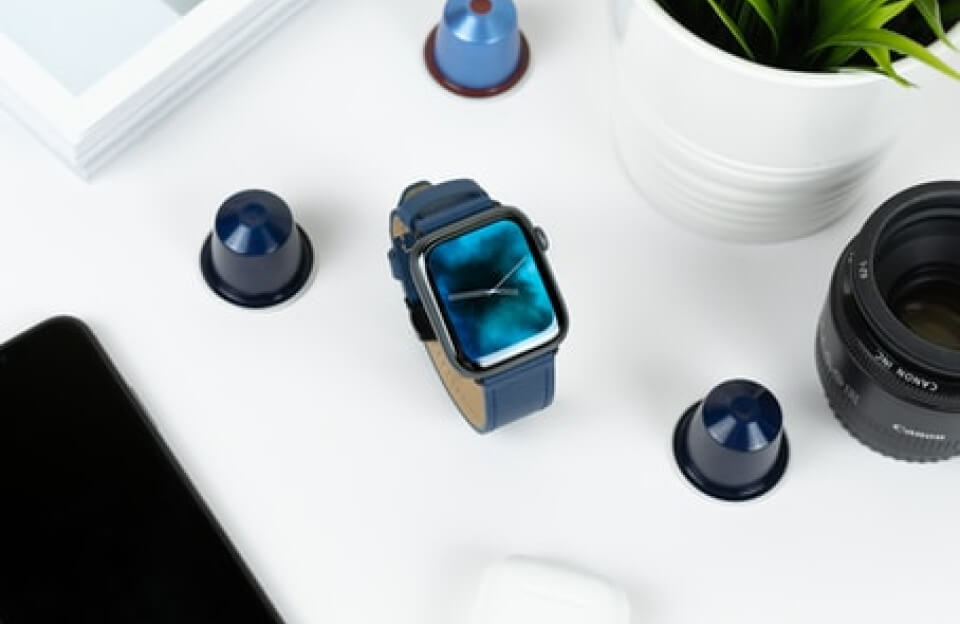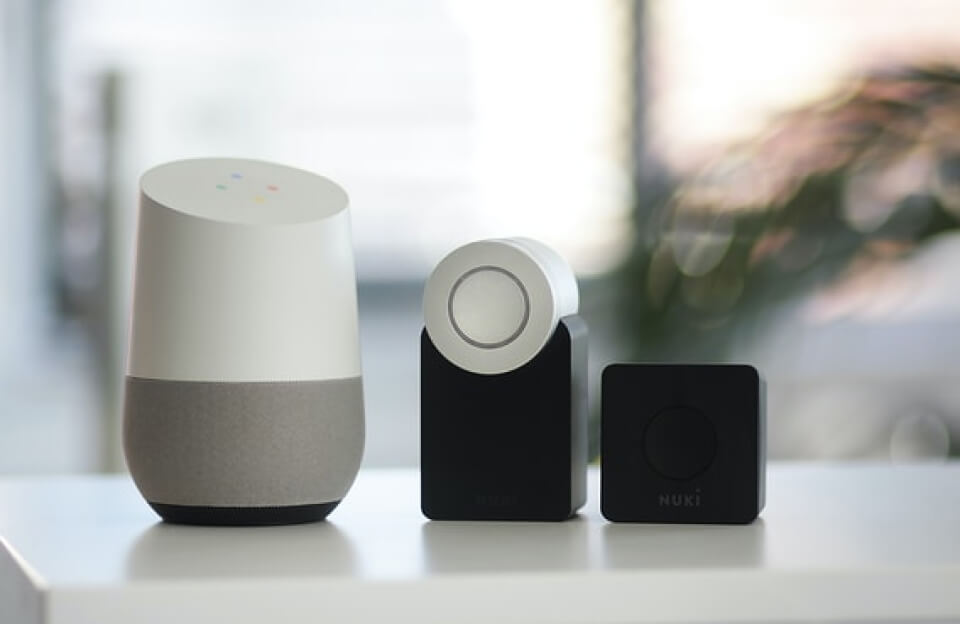Apple Inc.’s is pushing the boundaries of its custom silicon efforts, developing next generation chips designed to power a range of future products including advanced Mac models, AI servers, and most notably, its long anticipated smart glasses.
According to a recent Bloomberg report by Mark Gurman, Apple’s internal silicon design team has made notable progress on a chip tailored for smart glasses. This development indicates the company is ramping up work on a product that would compete directly with Meta’s Ray Ban smart glasses.
Since transitioning from Intel to its own Apple Silicon in 2020, Apple has made its in house chip efforts central to its innovation strategy. The latest chips under development aim to power not only future Macs but also AI servers for the Apple Intelligence platform says Bloomberg .
A Leaner, Smarter Glasses Processor
The glasses focused processor is built on the architecture of Apple Watch chips, favoring ultra-low power usage.
Apple has streamlined the chip further by removing certain components, boosting its efficiency for always on wearables. The processor is also being designed to handle multiple built in cameras.

Mass production is expected to begin between late 2026 and 2027, signaling a potential product launch within the next couple of years. As usual, manufacturing will be handled by Taiwan Semiconductor Manufacturing Co. TSMC.
While Apple’s broader vision for true AR glasses remains a long term goal, the company is currently exploring a simpler version non AR glasses with smart features such as photo capture, voice assistant access, and audio playback.
These features would mirror current offerings from Meta but with Apple’s signature ecosystem integration.
Expanding the AI and Wearable Ecosystem
Code named N401, Apple’s glasses project was previously known internally as N50. CEO Tim Cook is reportedly keen to outpace Meta in the smart glasses arena. Meanwhile, Meta is preparing its own display equipped premium model and its first true AR glasses for release in 2027.

In parallel, Apple is developing chips to enhance other wearables. These include the Nevis chip for a camera enabled Apple Watch and Glennie for AI powered AirPods. Both are expected around 2027.
Apple already offers Visual Intelligence features on iPhone like scanning a music poster to auto-add event details to the calendar and is looking to extend similar AI capabilities across its device lineup.
Next Mac Chips and AI Servers on the Horizon
In the Mac lineup, Apple is developing the M6 Komodo and M7 Borneo chips, alongside a high-performance variant called Sotra. The M5 chip is expected to debut in the iPad Pro and MacBook Pro by late 2025.
On the AI infrastructure front, Apple is working on its first dedicated server chip under the project name Baltra, in collaboration with Broadcom.
These chips will power remote AI processing, enhancing Apple Intelligence performance across devices. Apple is considering chip variants with up to 8 cores of the current M3 Ultra, making them ideal for high throughput AI tasks.
Looking Ahead
Apple’s semiconductor roadmap also includes connectivity chips like the upcoming C2 and C3 modems, and long-term innovations such as a non-invasive glucose monitoring chip for future Apple Watch models.
Led by hardware chief Johny Srouji, Apple’s silicon division is clearly laying the foundation for a bold new era one where AI, health, and wearables are tightly integrated through powerful, proprietary chip designs.



Good to know valuable info